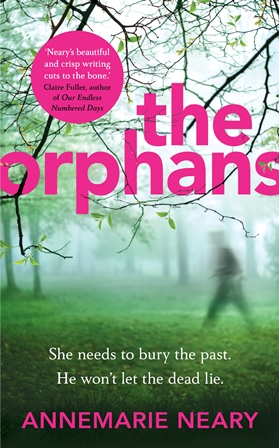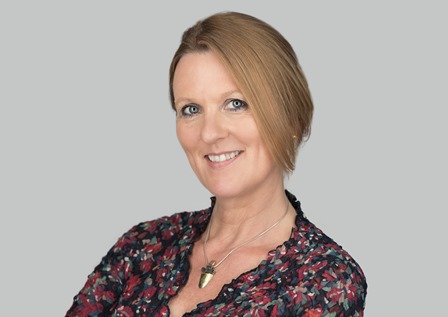For my novel-in-progress I’ve spent the past couple of years immersed in the physical and psychic landscape of Algiers — its history and politics, aggravations and delights — to the point that I experience a little dart of joy whenever I stumble across any new reference. Researching a place from a standing start is a bit like embarking on a love affair. You want to breathe it night and day, and anything else is suddenly less alluring.

So, where to begin? Read the history, the literature, watch some films set there — you need to understand the past, even if you never address it directly. Guidebooks are useful, though many of the English language publications are short on contemporary colour (French guides, especially Petit Futé, are much better at capturing the essence of a place).
Newspapers, especially the features sections, are essential for getting a handle on current preoccupations. A surprising number of people like to post YouTube car cam videos — crushingly boring in the main, but useful for refreshing your visual memory. Online news sites and blogs are a treasure trove of contemporary life — from hijab fashion tips to reactions to the influx of Chinese migrants.
A word of advice — the ability to read at least one of the local languages is invaluable. I don’t read Arabic, but my French took me quite a long way. Look at as many images as possible (including the background detail the photographer took for granted) but don’t fall into the trap of thinking that’s the whole story — Google any place you know well and you’ll see what I mean, which is one reason why blogs (and social media accounts!) are so useful.
I was making the virtual move to Algiers while my most recent novel was being edited. The Orphans is set on a south London common that owes a lot to Clapham Common, where I’ve lived for over 20 years. And yet, such a familiar setting presented challenges of its own — the need to re-learn, observe with the eyes and ears of my characters, bend the familiar out of shape until it became a fictional space. It’s one thing doing that when you know a location ‘by heart’ (and have unlimited access). But how do you go about remaking a place you scarcely know at all?
Do all of the above — become immersed, obsessed, absorbed — but be aware that unless you actually go there, you run the risk of producing something inauthentic. I can’t imagine trying to write about Algiers without experiencing that vast swoop of bay, the chainmail of satellite dishes, the epic traffic, the multicultural cakes, the omnipresent birds of paradise, and just the sheer blue and grey and whiteness of it. Those cable cars, swooping down towards the bay like spacecraft coming into land, crammed with people sweating like slow-cooked broilers, you just don’t get that experience from reading a guidebook.
Ideally, you will visit near the beginning of the process, perhaps with an idea, some plot, a handful of characters. But try to fit in at least one more visit when you’ve written your first drafts and there are specifics you need to check. And once you’re there, use every moment.

Don’t take anything at face value. Ask questions. On the airport road, all the trees have died – why? Many of the buildings have suffered damage — earthquakes, explosions, war? What does that graffiti mean? Who is the politician on that poster? What do people really eat? (not what the guide books told you, that’s for sure) What happened to the smiling shopkeeper with the jagged scar across his throat?
What do you notice? And what would your characters notice? Remember that the two are unlikely to be the same. On the subject of characters, can you find some locals to show you around? Get them to take you where they hang out. Most people love showing off their city.
The word setting always suggests to me something separate from your novel, like aspic or amber, in which it is suspended. In fact, the elements of a novel are intimately connected, and place can be as much a driver of plot as character; it insinuates itself into your story and throws up all kinds of possibilities. Be open to those — the experience of being there can lead you off in new and exciting directions. Follow those leads, and see where they take you.
When you write your novel, you won’t be transcribing an exact likeness of your location, you’ll be evoking it as a fictional space — look and listen as intently as you can, but leave some spaces unexplored so that they can bloom in your mind into something other than reality. Don’t walk down that street. Stop right there, and let your imagination take over from the turn in the road.
Annemarie Neary was born in Northern Ireland. She studied literature at Trinity College Dublin, and qualified as a barrister at King's Inns. She holds a Masters in Venetian Renaissance art from the Courtauld Institute. Her novel The Orphans was published by Hutchinson (Penguin Random House UK). A Windmill Books paperback was published in April 2018. Previous novels include A Parachute in the Lime Tree and Siren. She is currently working on a fourth novel.
Comments